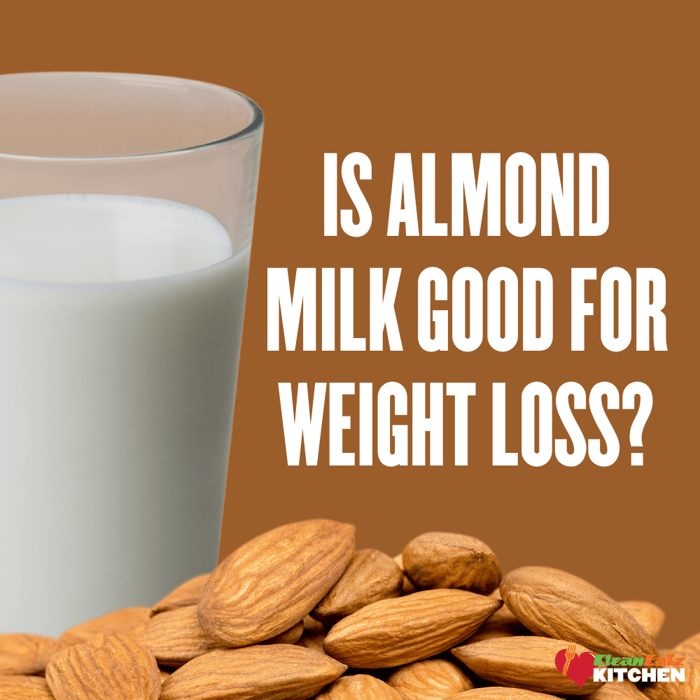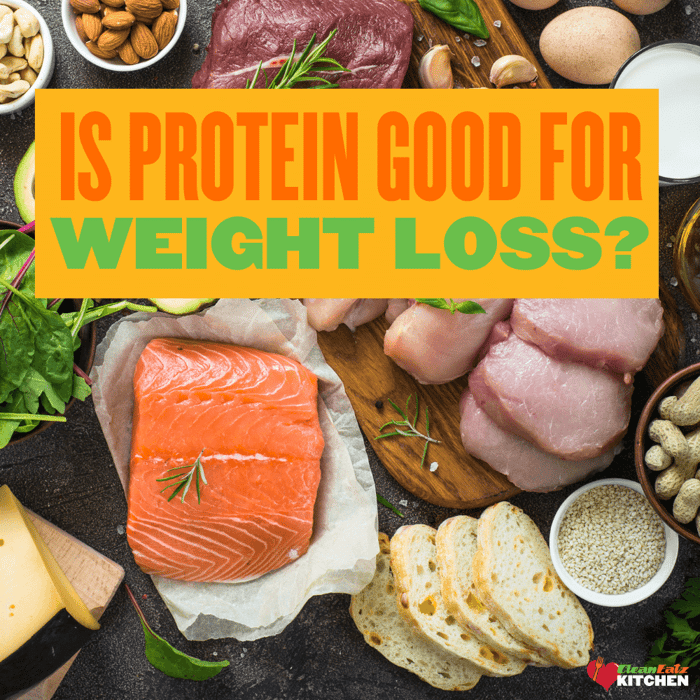
Is Almond Milk Good for Weight Loss?
Jason Nista
Nutrition
|
Healthy Recipes
|
Weight Loss
6 minute read
Is almond milk good for weight loss? Nowadays you can find a wide variety of animal and plant-based milk in the market with different nutritional content and health properties that might benefit you in your journey to weight loss and healthier living. Today we’ll take a look into one of the most widely consumed plant-based milk to see how it can help you shed some pounds.
This article discusses the following points:
- Almond milk is the most popular plant-based milk choice for weight loss.
- It provides essential nutrients like fiber, vitamins, and antioxidants.
- Incorporating almond milk into your diet can help control appetite, manage blood sugar levels, and support overall health.
Types of Plant-based Milk
There are many different kinds of plant-based milk in the market, each with its own benefits and drawbacks and different nutrition contents you have a wide variety to choose from depending on your specific goals and health requirements. Here’s some nutritional info on the most popular ones:
Soy milk: Developed in large due to people with allergy or intolerance to cow’s milk, it has been a popular choice, especially for having almost the same protein content as regular milk, 6-8 grams, and 90-110 calories per serving.
Coconut milk: Another popular choice, with higher fat content, 5 grams, and lower protein content, 0-1 gr, than other plant-based milk.
Rice milk: It's really good for people with allergies. It has a very low saturated fat content and similar calories to regular milk, 120 per serving, but lower protein content, 0-1 gr.
Nutrients and Benefits of Almond Milk
Produced with grounded almonds and water, almond milk has become one of the most popular and consumed plant-based milks for its great nutritious content and properties.
- Almond milk is made from ground almonds and water.
- It is low in calories, typically ranging from 30 to 60 per serving.
- It contains minimal saturated fat and low sugar content, around 7 grams per serving.
- Almond milk provides approximately 1 gram of protein per serving.
- It is a good source of fiber, B vitamins, magnesium, calcium, vitamin E, and antioxidants.
- Almond milk does not require refrigeration.
- It supports immune function and may help slow cognitive disease progression.
- Due to its low carb content, almond milk has a low glycemic index, making it suitable for managing blood sugar levels.
- As an added benefit it has also been shown to improve the health and appearance of your skin reducing wrinkle severity and decreasing facial pigment intensity.
Is almond milk good for weight loss? Absolutely! Almond milk offers a nutritious and low-calorie alternative that can contribute to your weight loss journey while supporting overall health and well-being.
Almond Milk for Weight Loss
Can almond milk help you lose weight? Almond milk has demonstrated effectiveness in aiding fat loss and supporting weight maintenance. Several mechanisms contribute to its potential Is almond milk good for weight loss? Incorporating almond milk or other plant-based milk options instead of regular cow's milk can be an effective strategy to enjoy the health benefits they offer while managing calorie intake and appetite to support your weight loss and overall health goals. However, it's important to exercise caution and consult with a healthcare provider, especially if you have any known sensitivities or allergies.
Low caloric content: Almond milk contains (30-60 per serving) around 50-80% fewer calories than regular cow’s milk, as well as its very low carb and sugar content, and low saturated fat content, make it a great drink to have without increasing your caloric content and which is also packed with vitamins, healthy fats, and other antioxidants.
The ability to improve satiety: It controls your appetite throughout the day and helps you consume fewer calories every day and week by achieving a caloric deficit and thus ensuring weight loss. Incorporating a meal plan delivery service can also be helpful here.
The ability to maintain lower glucose levels in the blood: After eating and during the day, almond milk ensures that the glucose level in your blood stays low, which as mentioned before can help manage diabetes or other conditions where glucose levels need to be controlled.
Metabolic health assistance: The almonds in the milk, just as other nuts, have been shown to help with metabolic health and maintain a healthy metabolic rate due to their healthy fat content as well as their vitamin, fiber, and antioxidant content which promote healthy enzyme functions in the body.
Steady source of energy: Almond milk’s calcium content and anti-inflammatory properties can help you feel better and move more by helping you recover faster from your workouts and physical activity.
Enhanced nutrient absorption: It can promote good gut health and a healthy gut microbiome, helping improve digestion and absorption of nutrients like iron and other vitamins.
Final Thoughts
As you can see, including almond milk in your diet, or opting for almond and other plant-based milk instead of regular cow’s milk can be powerful strategies to reap a lot of their health benefits and to manage your calorie intake and appetite to move closer to your weight loss and health goals. Remember however to be careful and consult with your main health provider before making changes to your diet, especially if you’re not sure if you might have some form of sensitivity or allergy.
FAQ
When to drink almond milk for weight loss?
You can incorporate almond milk into your diet for weight loss at any time that suits your preferences and dietary routine. It can be consumed as a standalone beverage, used as a base for smoothies, added to cereal or coffee, or used in recipes as a milk substitute. The flexibility of almond milk allows you to enjoy it throughout the day as part of a balanced diet for weight management.
Which is better for weight loss oat milk or almond milk?
Both oat milk and almond milk can be suitable options for weight loss, but there are slight differences to consider. Almond milk tends to be lower in calories and fat content compared to oat milk, making it a slightly better choice if you're specifically aiming for weight loss. However, it's important to note that the overall impact on weight loss depends on various factors, including the rest of your diet and lifestyle choices.
How much protein does almond milk have?
Almond milk typically contains around 1 gram of protein per serving, although the exact protein content can vary between different brands and varieties. While almond milk is not a significant source of protein compared to other protein-rich foods, it can still contribute to your overall protein intake as part of a well-rounded diet.
Why is almond milk better than regular milk?
Almond milk is a favorable choice over regular milk for several reasons. It is lactose-free, making it suitable for those with lactose intolerance or dairy allergies. Additionally, almond milk is generally lower in calories and saturated fat, which can be beneficial for weight management and overall health.
Related Articles
How To Calculate Weight Loss Percentage
6 minute read
Can You Lose Weight Just by Eating Healthy?
7 minute read
Is Protein Good for Weight Loss?
6 minute read



